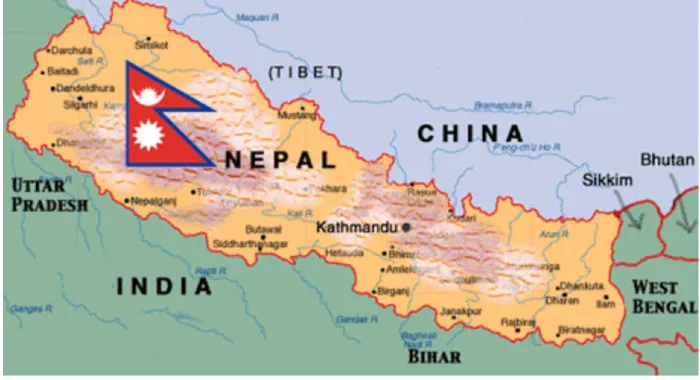With rising import bills amid the Covid 19 pandemic and declining foreign exchange reserves, the going for the Sher Bahadur Deuba government will get tougher. Kathmandu too is now looking at ways to curb imports of non essential items.
According to the Himalayan Times, the country’s gross foreign exchange reserves decreased 14.7 per cent to $10.03 billion in mid-December 2021 from $11.75 billion at the start of the fiscal (in mid-July 2021).
In the first half of the current financial year, Nepal’s import bill touched the 1 trillion rupee mark—an year on year increase of a whopping 51.1 per cent.
Also read: Nepal hopes India's high growth and connectivity will spur Kathmandu's economy
This is the second time after 2017-18 that Kathmandu’s imports touched this level. But during that time, the challenges were different. The Himalayan country was hit by a deadly earthquake that left over 8,900 people dead and many more injured.
“This time, the economic contours and challenges are completely different and it depends a lot of the kind of measures that Kathmandu takes to address this,” a person having business dealings with Nepal told India Narrative.
Even as the majority of its population is engaged with agriculture, Nepal’s food imports have been on the rise. A growing population and rising income are the main reasons.
Reports suggest that Himalayan country imports of key agricultural products between 2015 to 2020 jumped 65 per cent.




















